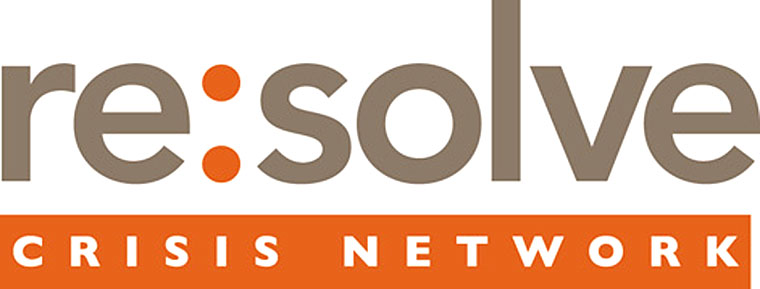The first time Mike became psychotic, I drove him to a hospital emergency room. We didn’t know any psychiatrists and Mike needed immediate help. Taking him there turned out to be a mistake.
Emergency rooms are where everyone goes nowadays whenever they have any kind of health-related crisis, but many are poorly equipped to deal with psychiatric patients in the midst of a mental break. 
Some patients are turned away, as Mike and I were, without getting help. Or a patient might be held down and given a shot of Haldol or another strong anti-psychotic that will help stabilize him but also can turn him into a walking zombie for days.
 Joe and his wife, Amy, lived in Caratunk, a picturesque town of about 110 residents nestled in the state’s northern hills. Joe is a rugged, friendly man, who worked as a senior technician for the Maine Department of Transportation before retiring several years ago. Amy, served as the town’s treasurer. Their son, William – known as Willy – is the oldest of three boys. The family lived in a 100-year-old farmhouse that sits near the banks of a winding, rock-strewn stream.
Joe and his wife, Amy, lived in Caratunk, a picturesque town of about 110 residents nestled in the state’s northern hills. Joe is a rugged, friendly man, who worked as a senior technician for the Maine Department of Transportation before retiring several years ago. Amy, served as the town’s treasurer. Their son, William – known as Willy – is the oldest of three boys. The family lived in a 100-year-old farmhouse that sits near the banks of a winding, rock-strewn stream. Sacramento and Reno. When her boss called and asked if she could fill-in for a few days over the holiday season, she immediately agreed.
Sacramento and Reno. When her boss called and asked if she could fill-in for a few days over the holiday season, she immediately agreed.


